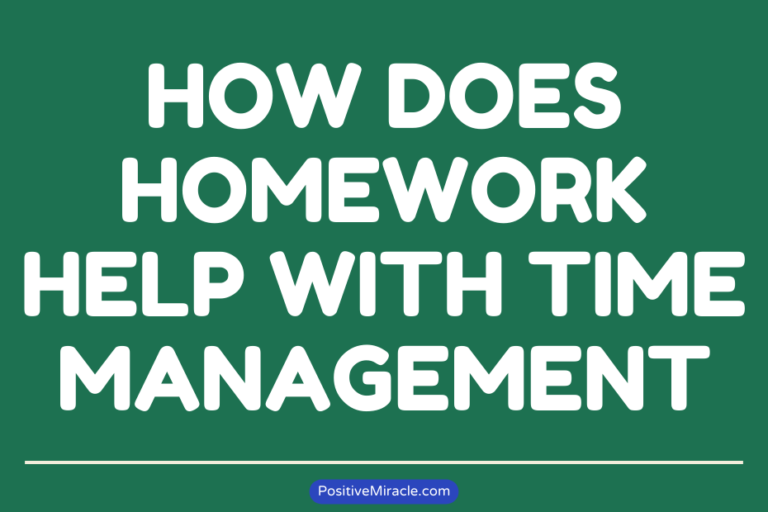Embrace Saying No to Extra Work for Time Management

“The difference between successful people and really successful people is that really successful people say no to almost everything.” – Warren Buffett
Welcome to an article that challenges the conventional notion of always saying yes. In our fast-paced and demanding world, time management has become an essential skill for success. One powerful technique to master time management is learning to say no. It may seem counterintuitive, but saying no can actually help you prioritize your time, set boundaries, and focus on the tasks that truly matter.
Understand the Importance of Saying No
Time is a valuable and limited resource that must be protected to maintain productivity and personal well-being. When you say no, you actively safeguard your time and energy, allowing you to focus on things that truly matter. Saying no can be an act of self-care, creating space for activities that bring you joy, fulfillment, and a sense of accomplishment.
By setting boundaries and prioritizing your commitments, you can establish a healthy work-life balance. Saying no to extra work or non-essential tasks enables you to maintain control over your schedule and prevent burnout. It allows you to allocate your time and attention to the most important priorities, both personally and professionally.
Imagine a scenario where you constantly say yes to every request and opportunity that comes your way. While it may seem like you’re being helpful and accommodating, it can quickly lead to overwhelm and a lack of focus. By understanding the importance of saying no, you create space for valuable activities that align with your goals and values.
Protect Your Time, Protect Your Well-Being
Many people struggle with saying no because they fear disappointing others or being seen as unhelpful. However, it’s important to remember that your time is limited and precious. By prioritizing and protecting your time, you prioritize your own well-being and mental health.
Protecting your time allows you to dedicate yourself fully to the tasks and responsibilities that truly matter. It enables you to give your best effort and attention, resulting in higher quality work and more meaningful contributions.
The Power of Boundaries and Work-Life Balance
Saying no helps you establish and maintain boundaries in both your professional and personal life. It allows you to create a clear distinction between work and personal time, preventing one from encroaching on the other. This promotes a healthier work-life balance, as you have designated time for relaxation, self-care, and spending quality time with loved ones.
Boundaries not only benefit your own well-being, but they also foster respect and understanding from others. By setting clear expectations and communicating your limitations, you empower yourself and encourage others to do the same. This creates a culture of respect and balance in all aspects of life.
| Benefits of Saying No | Impact |
|---|---|
| Increased productivity | Focus on important tasks and goals |
| Reduced stress | Improved mental health and well-being |
| Enhanced work-life balance | Allocated time for personal commitments and self-care |
| Improved relationships | Clear communication and mutual respect |
Developing the Skill of Saying No
Learning to say no effectively is a valuable skill that can greatly improve your time management and overall well-being. However, it can be challenging to overcome the fear of being perceived as rude or unhelpful when declining requests. By evaluating requests, implementing effective strategies, and practicing self-compassion, you can develop the skill of saying no confidently and assertively.
Evaluating Requests
When faced with a request, take the time to evaluate its alignment with your values and priorities. Consider whether saying yes would contribute to your goals and if it supports effective time management. By assessing the importance and impact of the request, you can make an informed decision about whether it aligns with your commitments and capacity.
Effective Strategies
Implementing effective strategies can make saying no a more comfortable and assertive experience. Start by being concise and clear in your response, providing a brief explanation if necessary. Express your appreciation for the opportunity or request, but firmly decline. Offer alternatives if possible, such as suggesting someone else who may be able to help or providing resources for self-help. These strategies can help you navigate difficult conversations and maintain positive relationships.
Overcoming Fear
The fear of being perceived as rude or unhelpful can hold you back from saying no when necessary. It’s important to overcome this fear by establishing boundaries and practicing self-compassion. Remember that setting boundaries is essential for your well-being and should not be viewed as negative. By communicating your limits and prioritizing self-care, you can overcome the fear of saying no and focus on what truly matters.

| Benefits of Developing the Skill of Saying No | Strategies for Saying No Assertively |
|---|---|
|
|
Balancing Saying Yes and No in Professional and Personal Life
Managing commitments and responsibilities is a crucial aspect of achieving a harmonious work-life balance. It requires prioritizing tasks, knowing your limits, and practicing honesty with yourself and others. By effectively managing your commitments, you can create space for activities that truly matter to you and enhance your overall well-being.
Setting boundaries is equally important in maintaining a healthy balance between saying yes and no. By defining your limits and communicating them assertively, you can protect your time and energy from being drained by excessive obligations. Setting boundaries allows you to focus on your priorities and avoid overcommitting, ultimately leading to greater productivity and satisfaction.
While saying no is essential to avoid burnout and maintain a healthy work-life balance, it’s equally important to embrace the power of saying yes to opportunities that align with your values and goals. Saying yes can open doors to new experiences, personal growth, and professional development. It allows you to explore different avenues and broaden your horizons, creating a more fulfilling and well-rounded life.
Practicing self-care is a fundamental component of balancing saying yes and no. By taking care of your physical, mental, and emotional well-being, you can replenish your energy and maintain resilience. Self-care activities such as exercise, meditation, hobbies, and spending quality time with loved ones can help you recharge and approach your commitments with a renewed sense of vitality.
In addition to managing commitments and responsibilities, setting boundaries, and practicing self-care, it’s crucial to prioritize your long-term goals and values. Embracing the power of saying yes means aligning your choices with what truly matters to you. By evaluating opportunities against your personal vision, you can make deliberate decisions that contribute to your growth and fulfillment.

| Balancing Saying Yes and No: Key Points |
|---|
| Manage commitments and responsibilities |
| Set boundaries to protect your time and energy |
| Embrace the power of saying yes to opportunities that align with your values and goals |
| Practice self-care to maintain well-being |
| Align choices with long-term goals and values |
Conclusion
Successful leaders understand the importance of saying no and how it aligns with their vision. By confidently setting boundaries and prioritizing tasks, leaders can reduce stress and achieve a work-life balance while promoting their own well-being.
Saying no allows leaders to assess their workload and make informed decisions, ultimately enhancing their decision-making abilities. It empowers them to allocate their time and energy effectively, resulting in reduced stress levels and increased overall productivity.
In addition to reducing stress, saying no provides leaders with the opportunity to prioritize joy and play in their personal lives. By valuing their well-being and dedicating time to activities that bring them happiness, leaders can maintain a positive and fulfilling lifestyle.
Thus, finding the right balance between saying yes and saying no is key for leaders. By embracing the power of saying no, they can cultivate a work environment that supports their well-being, promotes a healthy work-life balance, and encourages joy and play. Ultimately, this balanced approach to leadership contributes to their own success and the success of their teams.





